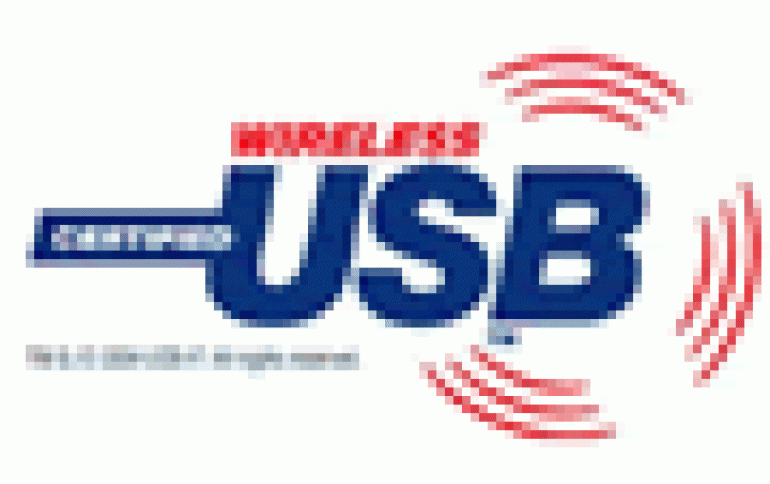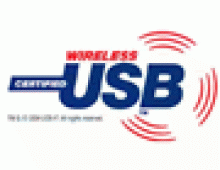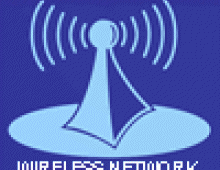
Wireless USB Testing Started
The USB Implementers Forum today announced worldwide testing capability for products based on the Wireless USB 1.0 Specification at Independent Test Labs (ITL) located in North America, Asia Pacific, and Europe regions.
ITLs will offer compliance testing and certification to manufacturers developing Wireless USB products.
The addition of ITLs Allion Test Labs, Inc., MCCI, NSTL, Inc., National Technical Systems, and Testronic Laboratories/PMTC increases the global testing and certification capacity for Wireless USB products and brings testing efficiency to the Wireless USB development cycle.
"The expanded availability of Wireless USB test facilities is a significant milestone in the development of Wireless USB technology," said Jeff Ravencraft, USB-IF president. "Companies now have convenient access to Wireless USB compliance testing and certification, which speeds product time to market and enables broader industry adoption of interoperable solutions."
ITLs verify a products compliance to the Wireless USB 1.0 Specification and allows manufacturers to ensure that their products interoperate with other Wireless USB products. Product testing is available in the following categories: native device silicon, Host Wire Adapter (HWA) and Device Wire Adapter (DWA) end products, as well as native host (WHCI) and device end-products.
When a product has achieved Wireless USB certification, it can bear the Wireless USB logo on the product or product packaging.
Companies wishing to submit Wireless USB products for testing should continue to use the existing procedure for submitting the physical product. Detailed instructions are available at http://www.usb.org/developers/wusb/testing.
Wireless USB is a high-speed wireless personal interconnect technology combining the speed and security of wired High-Speed USB with the ease-of-use of wireless technology. It is backward compatible with wired USB, allows users to connect up to 127 devices and currently delivers a bandwidth of up to 480Mb/s at 3 meters and 110Mb/s at 10 meters. Wireless USB is based on the WiMedia Alliance Ultra-wideband Common Radio Platform.
The addition of ITLs Allion Test Labs, Inc., MCCI, NSTL, Inc., National Technical Systems, and Testronic Laboratories/PMTC increases the global testing and certification capacity for Wireless USB products and brings testing efficiency to the Wireless USB development cycle.
"The expanded availability of Wireless USB test facilities is a significant milestone in the development of Wireless USB technology," said Jeff Ravencraft, USB-IF president. "Companies now have convenient access to Wireless USB compliance testing and certification, which speeds product time to market and enables broader industry adoption of interoperable solutions."
ITLs verify a products compliance to the Wireless USB 1.0 Specification and allows manufacturers to ensure that their products interoperate with other Wireless USB products. Product testing is available in the following categories: native device silicon, Host Wire Adapter (HWA) and Device Wire Adapter (DWA) end products, as well as native host (WHCI) and device end-products.
When a product has achieved Wireless USB certification, it can bear the Wireless USB logo on the product or product packaging.
Companies wishing to submit Wireless USB products for testing should continue to use the existing procedure for submitting the physical product. Detailed instructions are available at http://www.usb.org/developers/wusb/testing.
Wireless USB is a high-speed wireless personal interconnect technology combining the speed and security of wired High-Speed USB with the ease-of-use of wireless technology. It is backward compatible with wired USB, allows users to connect up to 127 devices and currently delivers a bandwidth of up to 480Mb/s at 3 meters and 110Mb/s at 10 meters. Wireless USB is based on the WiMedia Alliance Ultra-wideband Common Radio Platform.


















